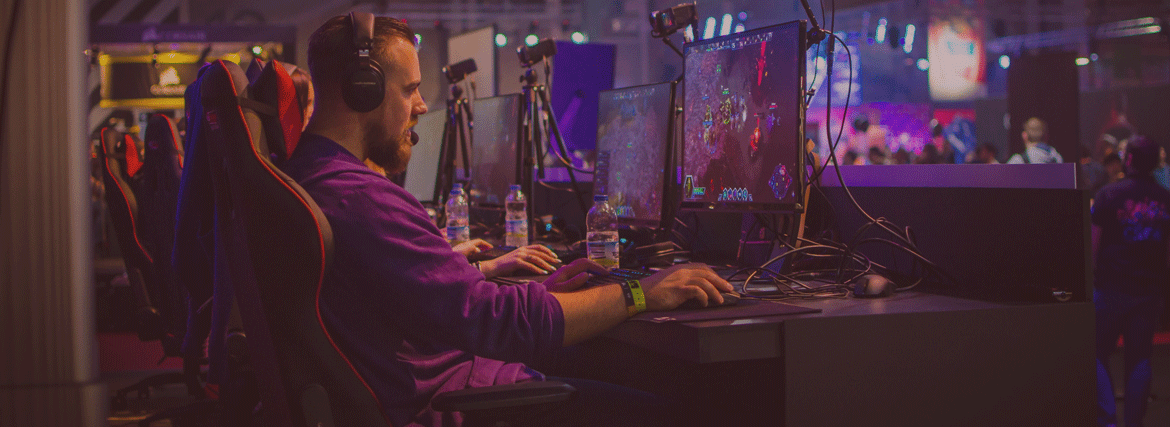Reducing Your Ping: How to Permanently Get Rid of Lag

Posted on May 16, 2018
Laggy servers are the most infuriating experience any gamer can go through, not only can it ruin the game, it makes it damn near unplayable. Like a lot of the technology today, we tend to take for granted just how complicated the numerous processes of connecting to servers that contain over 200+ different people throughout the world is.
When we play these large multiplayer games, we are connecting to servers that are, at times, over 10,000 miles away from us. In large multiplayer experiences, like MMORPG's, the average player is connecting to over 4 servers at a time throughout 3 different continents. Just one defective connection to one of these servers can cause what we define as "lag." Luckily, there are a plethora of different techniques any gamer can use to lower the amount of lag they experience.
Connect Through Ethernet:
We connect to Wi-fi through microwave waves rotating at a frequency of over 2.4GHZ at times (it depends on your router). While that is pretty damn impressive, we tend to forget that as these sin waves move throughout your house it can get much weaker before it reaches your device. Largely, this is due to household objects that can interfere with this connection. An Ethernet cable makes your connection 10x faster as it doesn't have to travel a great distance to reach your device. In conclusion, buy a cable.
Know What Your Computer Can Handle:
We understand how important having the best looking and sharpest gaming experience can be. Great graphics, at times, make the game better. However, you must know what your computer can handle. Through all the instructions that your computer constantly sends to your CPU while playing a video game, including the instructions to connect to a server, you can imagine the stress it causes to your CPU. This is why meeting the system requirements of the game is important, stressing your CPU is one of the dominant causes of lag. Know exactly what your computer can and cannot handle! Try your best to meet the system requirements so you won't end up with a laggy game plus a fried CPU.
Turn off Unnecessary Features on Your Pc/Laptop:
Do you tend to leave numerous apps running in the background, have the location feature activated on your laptop that is unnecessary at the time of playing a game, or have your antivirus constantly scanning your PC? Well, this simple features can increase your ping. Like stated before, nothing happens magically, every feature of your laptop utilizes your CPU. The massive amount of instructions that your CPU carries out can drastically increase your ping. Deactivating any app that runs in your background or constantly updates itself can neutralize your high ping woes.
Overall fixing ping issues aren't difficult. It takes a little bit of effort and better understanding how your PC/laptop operates to fix it. Hopefully, you will find this logic valuable and eradicate lag from your life forever.